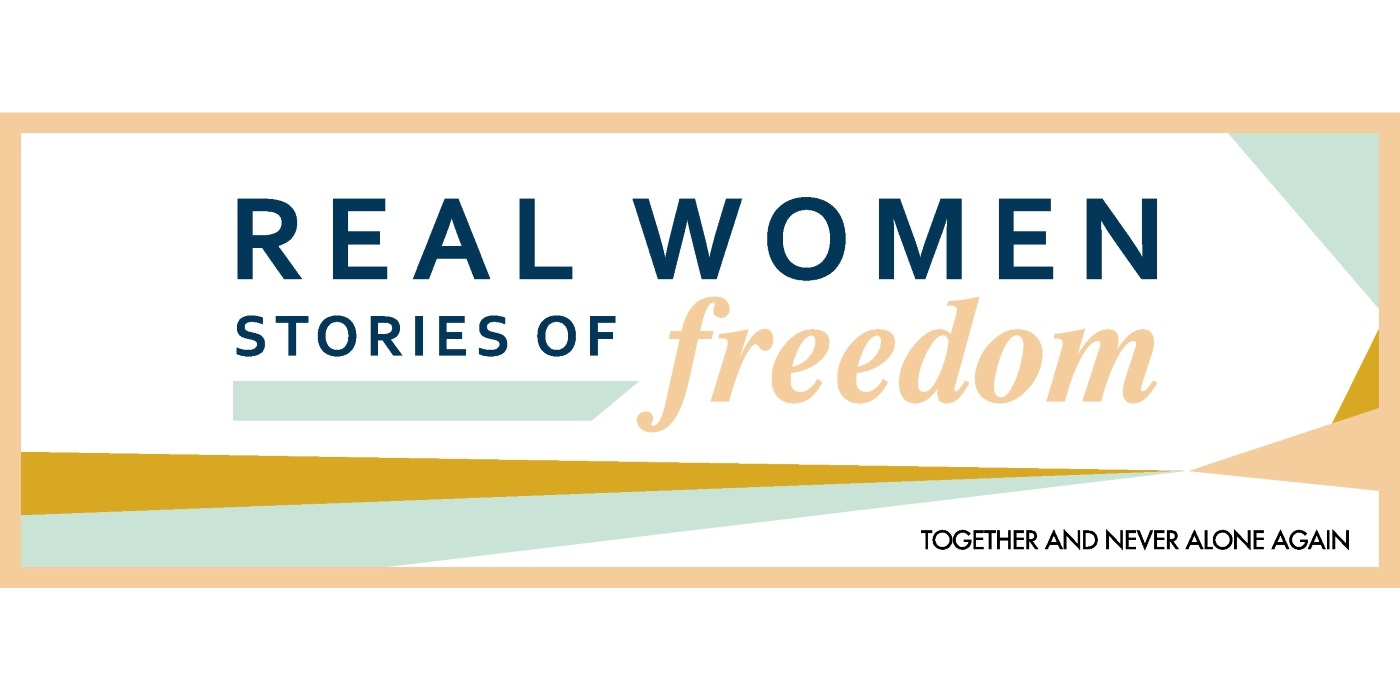این برنامه کار میکند اگر آن را کار کنید
اولین صحنهای که از کودکی به خاطر میآورم این است که در آغوش مادرم خوابیده بودم و از صدای انفجار بمبهای جنگ و لرزیدن شیشهها و ترس بیدار شدم و بعد از چند لحظه باز به خواب رفتم، خاطره زیبایی نبود و خاطرات تلخ من همچنان ادامه پیدا کردند


